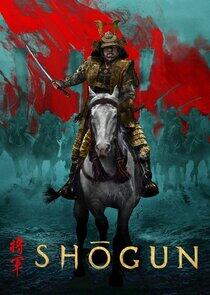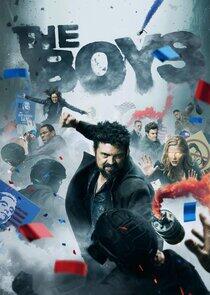Royal Institution Christmas Lectures - Season 42 / Year 2007

Season 42 / Year 2007

Episodes

Back from the Brink, the Science of Survival: Peak Performance

Back from the Brink, the Science of Survival: Completely Stuffed

Back from the Brink, the Science of Survival: Grilled and Chilled

Back from the Brink, the Science of Survival: Fight, Flight and Fright

Back from the Brink, the Science of Survival: Luck, Genes and Stupidity
Recently Updated Shows

True Detective
Touch darkness and darkness touches you back. True Detective centers on troubled cops and the investigations that drive them to the edge. Each season features a new cast and a new case.
True Detective is an American anthology crime drama television series created and written by Nic Pizzolatto.

S.W.A.T.
Shemar Moore stars as a locally born and raised S.W.A.T. sergeant newly tasked to run a specialized tactical unit that is the last stop in law enforcement in Los Angeles. Torn between loyalty to where he was raised and allegiance to his brothers in blue, former Marine Daniel "Hondo" Harrelson has everything it takes to be an excellent leader and bridge the divide between his two worlds.

Shōgun
Shōgun, set in feudal Japan, charts the collision of two ambitious men from different worlds and a mysterious female samurai: John Blackthorne, a risk-taking English sailor who ends up shipwrecked in Japan, a land whose unfamiliar culture will ultimately redefine him; Lord Toranaga, a shrewd, powerful daimyo, at odds with his own dangerous, political rivals; and Lady Mariko, a woman with invaluable skills but dishonorable family ties, who must prove her value and allegiance.

